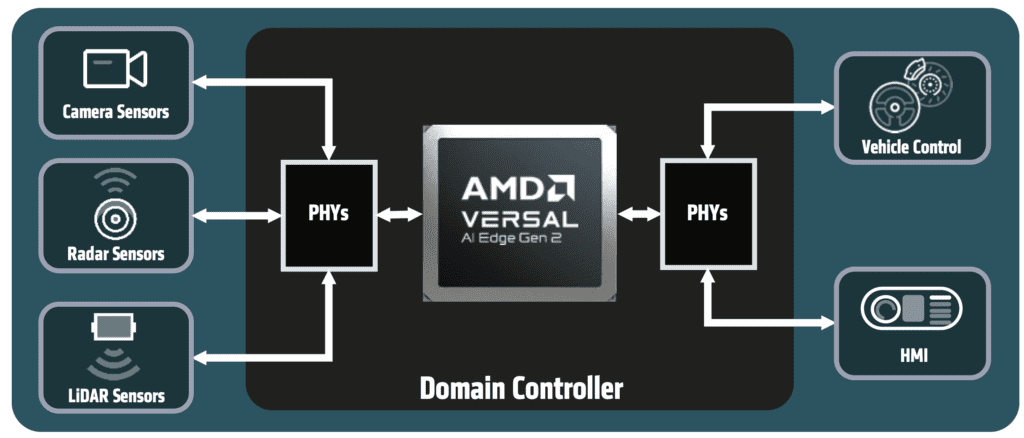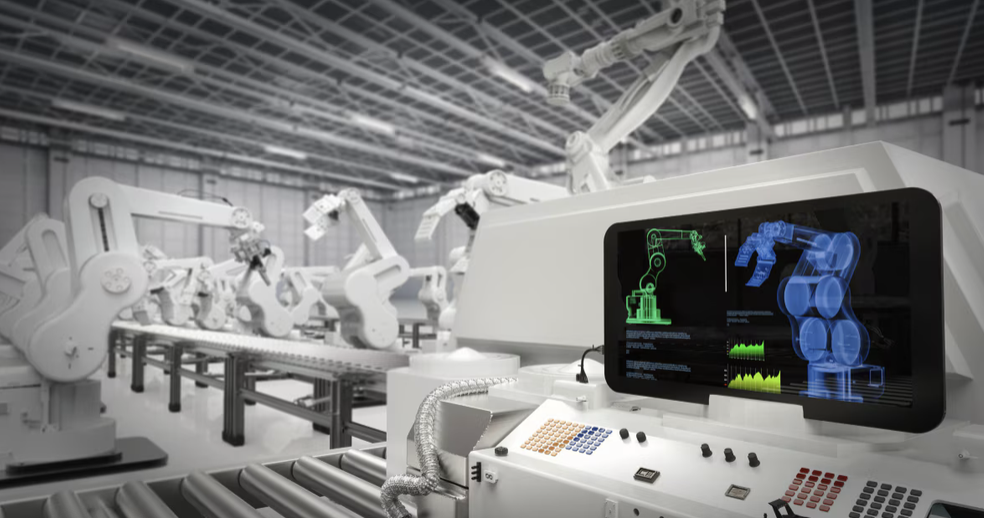Unifying Preprocessing, Inference, and Postprocessing on a Single AI Chip
- Unified AI Chip Architecture: AMD’s new Versal AI Edge Series Gen 2 SoCs are designed to handle preprocessing, inference, and postprocessing phases of AI applications on a single chip, promising efficiency and streamlined processing.
- Adaptive SoC Applications: The chips target a diverse range of high-demand embedded markets, including autonomous driving, industrial automation, and healthcare imaging, adhering to rigorous safety and security standards.
- Delayed Availability: While promising in capabilities, the actual products from the Versal Series Gen 2 line will not hit the market until late 2025, with early access documentation and evaluation kits available now.

In a bold move within the semiconductor industry, AMD has partnered with Arm to announce a new family of AI chips, the Versal Series Gen 2, which aims to consolidate the three crucial phases of AI applications—preprocessing, inference, and postprocessing—into a single silicon. This approach marks a significant departure from traditional multi-chip architectures, which often face performance bottlenecks due to separate components handling different stages of AI processing.

Innovative Single-Chip Solution
The new Versal AI Edge Series Gen 2 SoCs are built to deliver end-to-end acceleration for AI-driven embedded systems, integrating Arm CPUs with next-generation AI Engines. This integration allows the chip to efficiently manage the entire computational process within embedded AI applications, offering up to three times the TOPS/watt for AI inference and significantly enhanced scalar compute for postprocessing tasks. Such capabilities make these chips particularly suitable for environments requiring high security, reliability, and prolonged operation life.

Wide Application Spectrum
AMD’s Versal AI Edge Series Gen 2 SoCs cater to a broad spectrum of embedded markets. They are poised to impact several critical sectors, including autonomous vehicles, where real-time processing and decision-making are paramount, and healthcare, where precision and reliability in imaging can significantly affect diagnostics and patient outcomes. The adaptive SoCs also target industrial PCs and robots, enhancing capabilities in complex manufacturing and operational processes.
Market Availability and Future Outlook
Despite the groundbreaking features of the Versal Series Gen 2, potential users will have to wait until late 2025 for production to commence, following the expected release of the first silicon samples at the start of next year. This timeline suggests that while AMD is setting the stage for a significant evolution in embedded AI applications, the actual deployment and integration into market-ready products will require patience and planning from businesses eager to leverage this technology.

AMD’s announcement of the Versal AI Edge Series Gen 2 SoCs in collaboration with Arm represents a major step forward in AI chip technology, with the potential to revolutionize how embedded systems handle AI tasks. As the industry awaits the realization of these capabilities, the move signals AMD’s continued commitment to innovation and leadership in adaptive and embedded computing.
